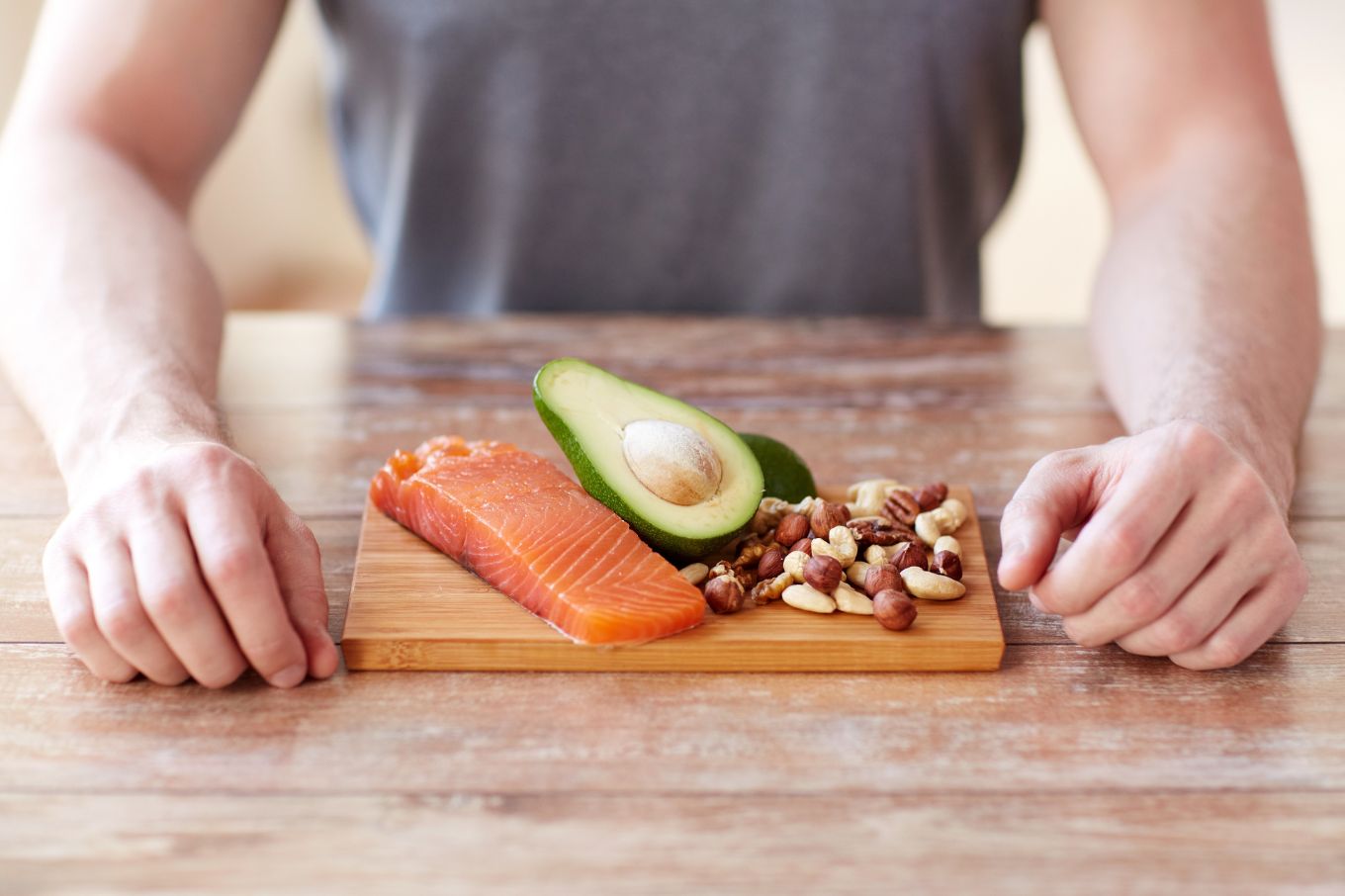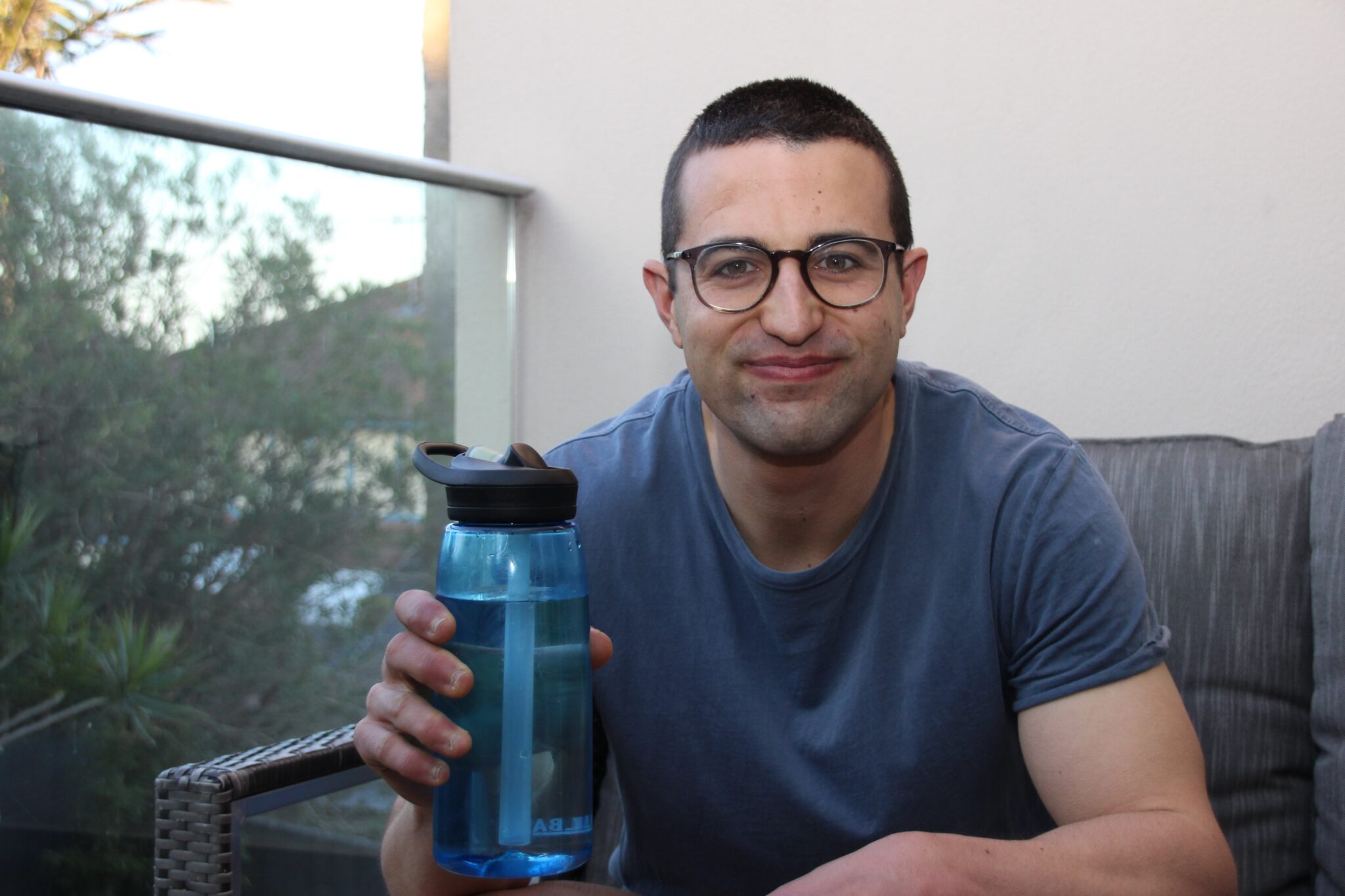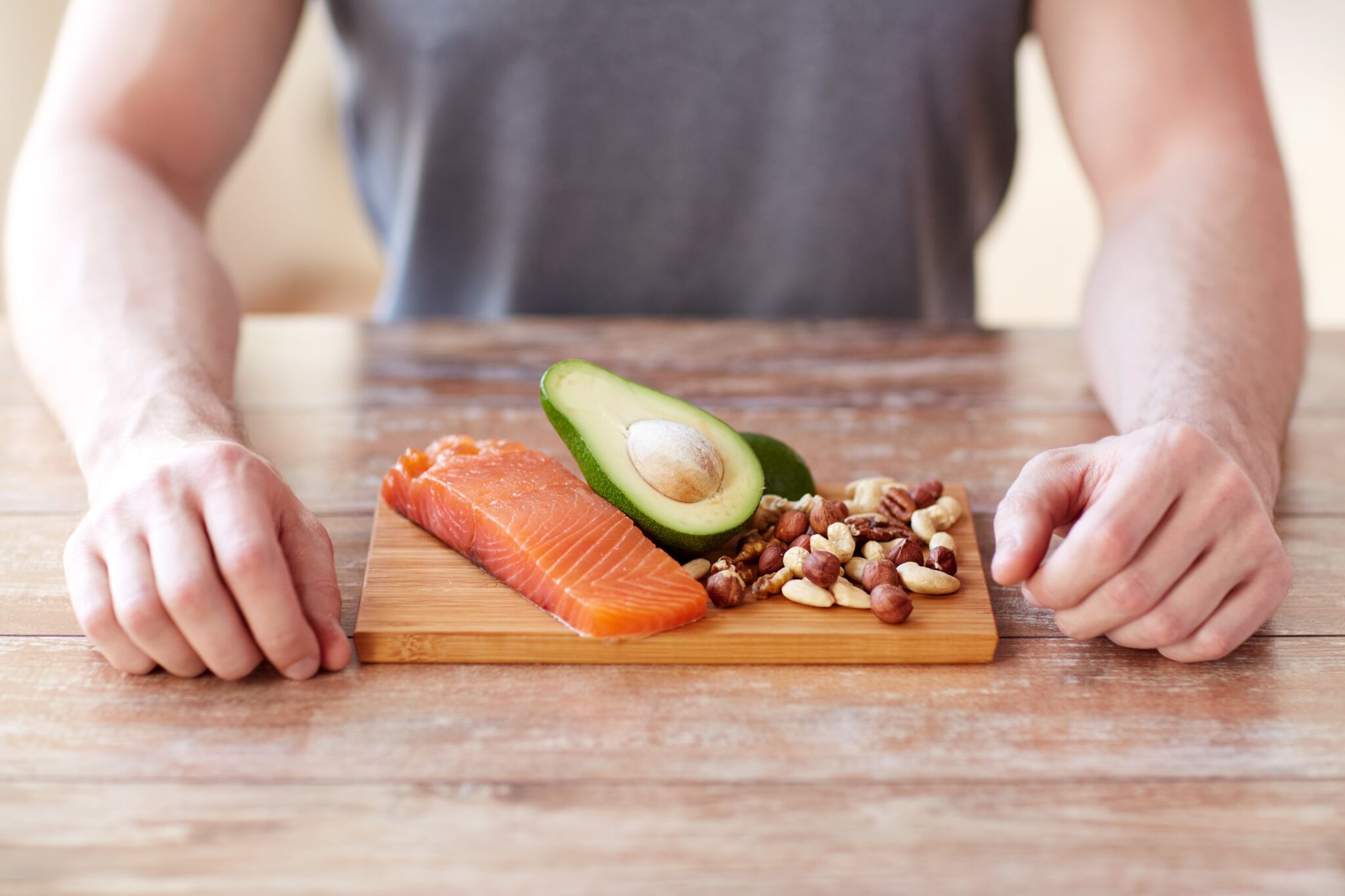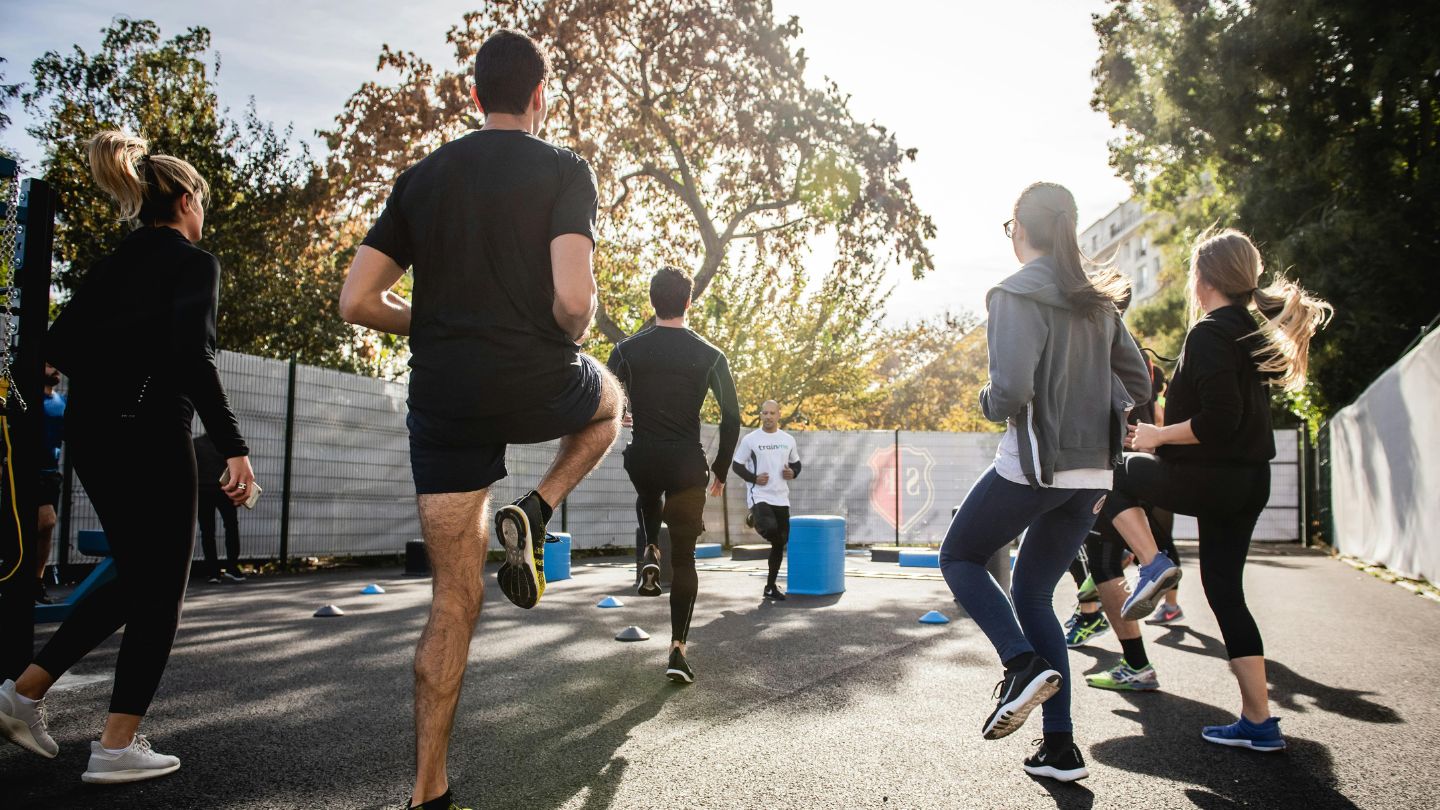Running Nutrition: The Secret Formula
Are you aiming to elevate your running performance and maximise your potential?
Are you aiming to elevate your running performance and maximise your potential?
By balancing macronutrients – protein, carbohydrates, dietary fats, dietary fibre, and hydration – alongside essential micronutrients which are vitamins and minerals, you can unlock the nutrition key to your peak performance.
Role of Macronutrients in Running Performance
Protein plays a critical role in repairing muscle tissue damaged during exercise, supporting recovery and reducing muscle soreness. According to The Journal of the International Society of Sports Nutrition, endurance athletes need 1.2-1.6g of protein per kilogram of body weight daily.
Sufficient protein intake assists with reducing muscle fatigue, optimising strength, and improving overall performance. High quality protein sources include chicken breast, lentils, tofu, beef fillet and kangaroo fillet.

Carbohydrates: The Key Energy Source
Carbohydrates fuel your body, specifically during long-distance efforts when glycogen stores (stored carbohydrate) in your muscles/liver are depleted. Research from Sports Medicine recommends that runners should consume 5-7g of carbohydrates per kilogram of body weight daily to enhance glycogen stores. Complex Low GI carbohydrates including oats, sweet potatoes, and brown rice assists to adequately sustain energy levels for runners.
Dietary Fats: Optimal Hormones = Optimal Running
Dietary fats, specifically healthy fats, provide long-term energy and are essential for hormone regulation, which improves recovery and immune function. According to the Journal of Applied Physiology, 20-35% of your daily calories should come from healthy fats. It’s essential to have the majority of your dietary fats from polyunsaturated or monounsaturated fats (avocado, nuts and seeds) versus trans/saturated fats, which do not provide the anti-inflammatory properties that runners require.
Dietary Fibre: Sustaining Energy, Digestive Health
Dietary fibre improves energy regulation by reducing the absorption of carbohydrates into the bloodstream, ensuring a sustained energy supply during long runs. Nutrients journal highlights that dietary fibre is also critical for digestive health, preventing issues such as bloating and constipation, which can negatively affect running performance.

Dietary Fibre: Sustaining Energy, Digestive Health
Water is essential to maintaining performance and avoiding dehydration, which can monumentally impair endurance and brain function. It’s essential to meet the Australian Government National Health and Medical Research Council recommendations of 2lt water intake per day and according to the American College of Sports Medicine, runners are recommended to drink 150-250ml of water every 15-20 minutes of running.
Micronutrients: The Heroes of Performance
Key Vitamins:
- Vitamin D: Critical for bone health and muscle function
- B Vitamins: Critical for energy metabolism and oxygen delivery during exercise
- Vitamin C: Improved collagen production and reduces acute and chronic inflammation, essential for recovery
Key Minerals
- Iron: Iron improves oxygen transport to muscles, which is vital for endurance
- Magnesium: Reduces muscle cramps and supports recovery
- Calcium: Critical for muscle contraction and bone health
- Zinc: Significantly improves tissue repair and immune function
The Perfect Runner’s Nutrition Plan
To optimise your nutrition plan, I recommend balancing macronutrients and micronutrients in each meal to support your running performance. By understanding the critical importance of them in your daily nutrition intake, you can optimise your athleticism, boost your endurance, and enhance recovery. It’s also equally important that you tailor your meals to include all your macronutrients and micronutrients. Implement these principles into your daily meal planning and you’ll be on the path to achieving your dream running performance.

Breakfast:
- Oatmeal with Berries & Almond Butter: Rolled oats cooked in almond milk, mixed berries, chia seeds, and almond butter for a healthy balance of protein, healthy fats, and carbohydrates.
- Eggs with Avocado and Wholegrain Toast: Scrambled eggs with avocado on wholegrain toast for a protein-rich and revitalising breakfast.
Lunch
- Quinoa and Roasted Vegetable Bowl: A quinoa base with roasted sweet potatoes, carrots, broccoli, and a tahini dressing. Added chickpeas for additional protein.
- Salmon with Sweet Potatoes and Spinach: Baked salmon served with sweet potatoes and spinach, high in healthy fats and low-GI carbohydrates.
Dinner
- Lentil and Sweet Potato Curry: Lentils cooked with sweet potatoes, tomatoes, and spinach, served with brown rice. Lentils provide plant-based protein, and sweet potatoes replenish glycogen stores after intense running.
- Chicken and Brown Rice Stir Fry: Grilled chicken breast stir-fried with broccoli, capsicum and carrots served over brown rice. This meal supports muscle recovery and refills glycogen.
This story originally featured in Trail Run Magazine # 54. Grab your copy here












